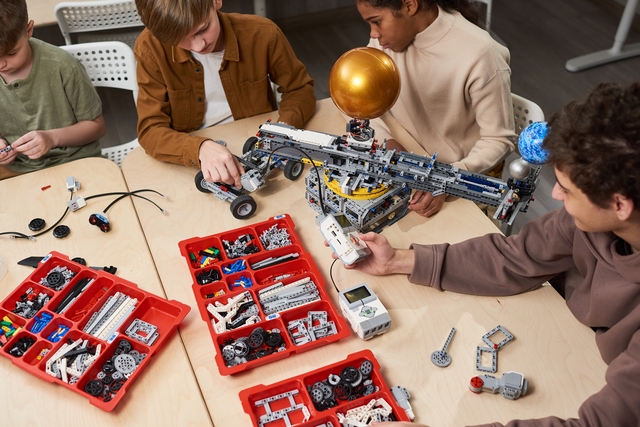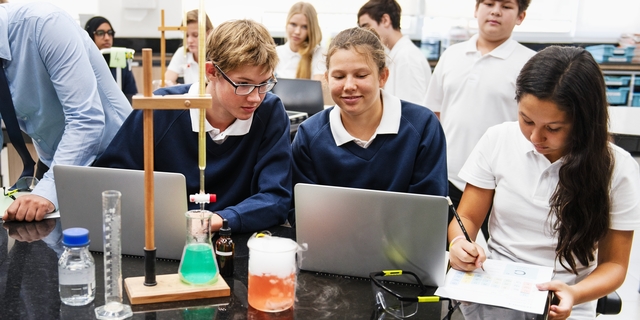In today’s interconnected and rapidly changing world, teamwork has become an essential skill that children need to learn from an early age. Teaching children about teamwork fosters a collaborative spirit, enhances social skills, promotes effective communication, and prepares them for success in both their personal and professional lives. The following explores the significance of instilling teamwork values in children and the benefits it brings to their overall development.
Collaboration and shared responsibility: Teaching children about teamwork instils in them the value of collaboration and shared responsibility. In a team, individuals learn to work together towards a common goal, pooling their strengths, skills, and ideas. By encouraging children to participate in team activities, they learn the importance of cooperating, compromising, and supporting one another. This helps them develop a sense of belonging, build stronger relationships, and understand that success is achieved collectively.
Enhanced social skills: Teamwork provides an ideal platform for children to enhance their social skills. It exposes them to diverse perspectives, enabling them to understand and appreciate different viewpoints. When working with others, children learn to respect and value their teammates’ opinions, practice empathy, and resolve conflicts constructively. These interpersonal skills are vital for building positive relationships throughout their lives, both personally and professionally.
Effective communication: Teamwork facilitates the development of effective communication skills in children. They learn to articulate their thoughts, listen actively to others, and express their ideas clearly and respectfully. By engaging in team discussions and collaborating on projects, children become proficient in communicating their viewpoints, leading to better understanding and cooperation within the team. Effective communication skills are essential for success in all aspects of life, from personal relationships to future careers.
Problem-solving and critical thinking: Teamwork exposes children to various problem-solving situations, encouraging them to think critically and find innovative solutions. Through brainstorming sessions and collaborative decision-making processes, children learn to evaluate multiple options, analyse different perspectives, and arrive at well-informed conclusions. This nurtures their ability to think critically, adapt to different situations, and solve complex problems collectively, skills that are vital in a rapidly evolving world.
Preparation for future success: Teaching children about teamwork prepares them for success in their future endeavours. In today’s professional landscape, the ability to work effectively in teams is highly valued. Employers seek individuals who can collaborate, communicate, and cooperate with others to achieve organisational goals. By learning teamwork skills at an early age, children develop a competitive edge and a strong foundation for their future careers.
Teaching children about teamwork is of paramount importance. It equips them with vital skills such as collaboration, enhanced social skills, effective communication, problem-solving, and critical thinking abilities. These skills not only contribute to their personal development but also lay the groundwork for their future success in various aspects of life. By fostering a team-oriented mindset from a young age, we empower children to become responsible, empathetic, and effective contributors to their communities and the world at large.









